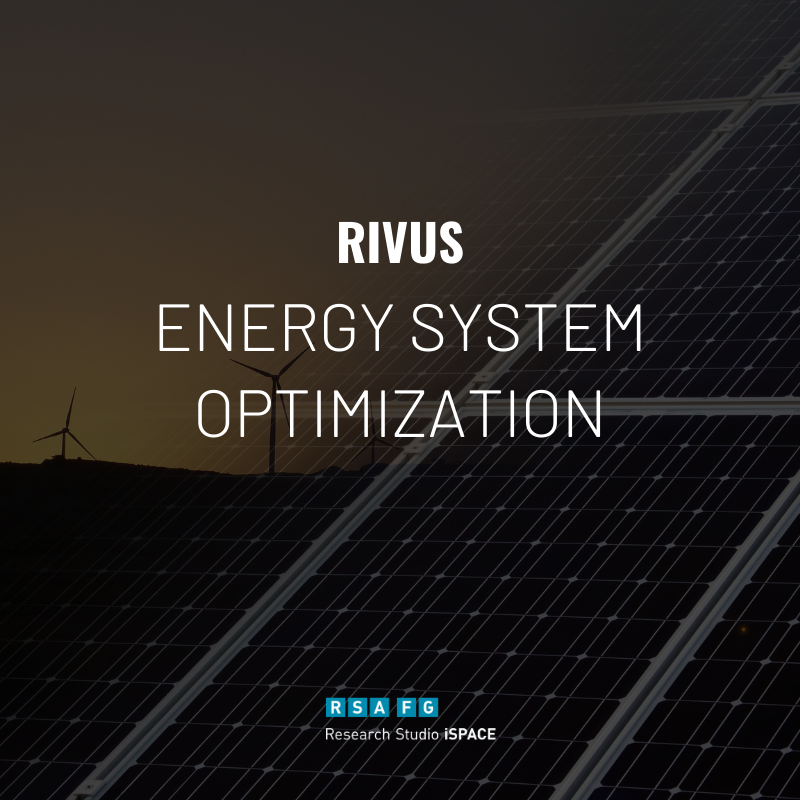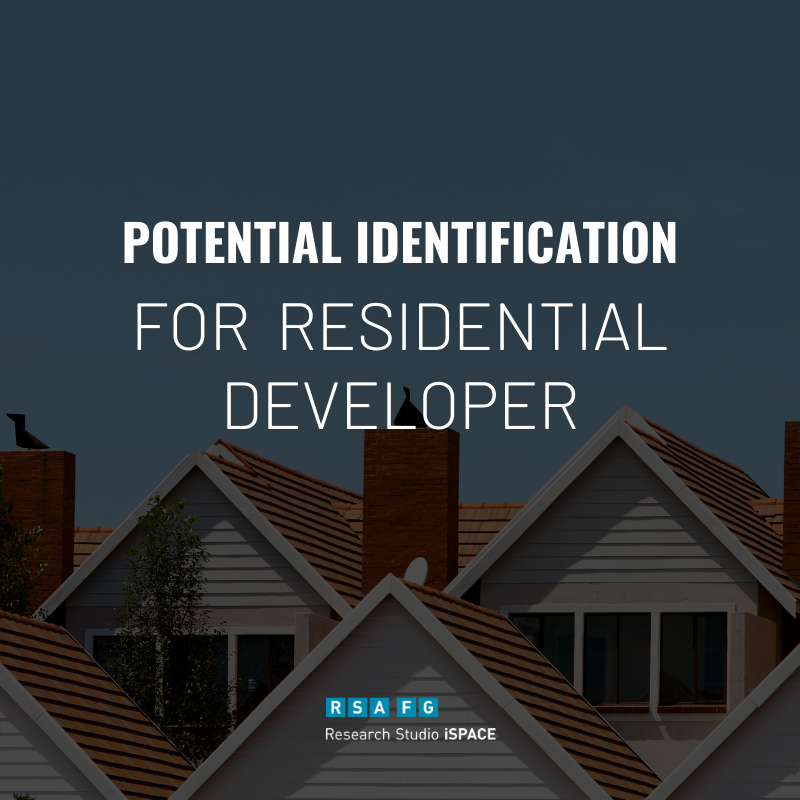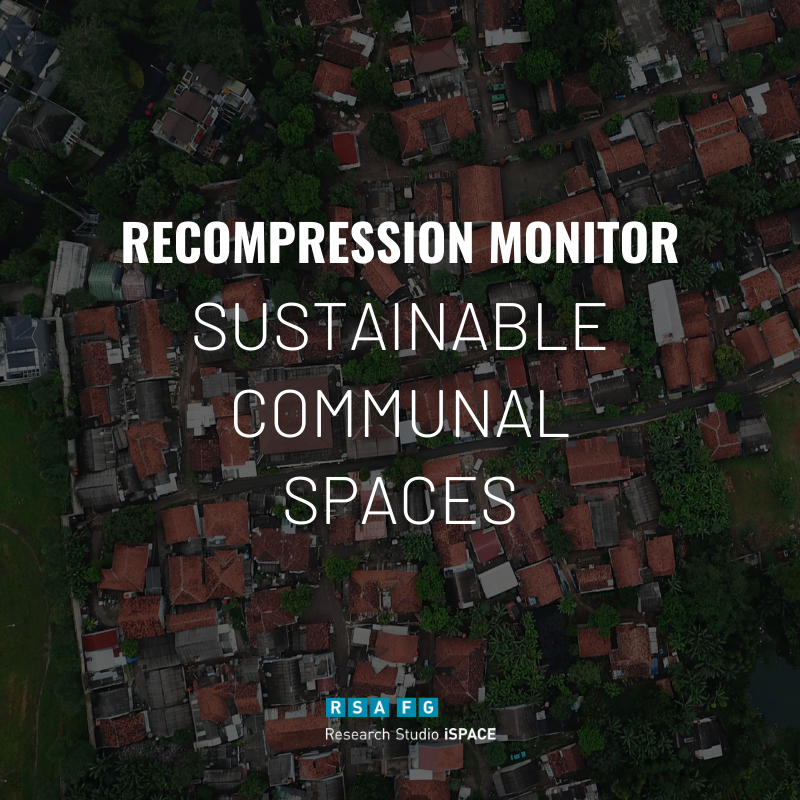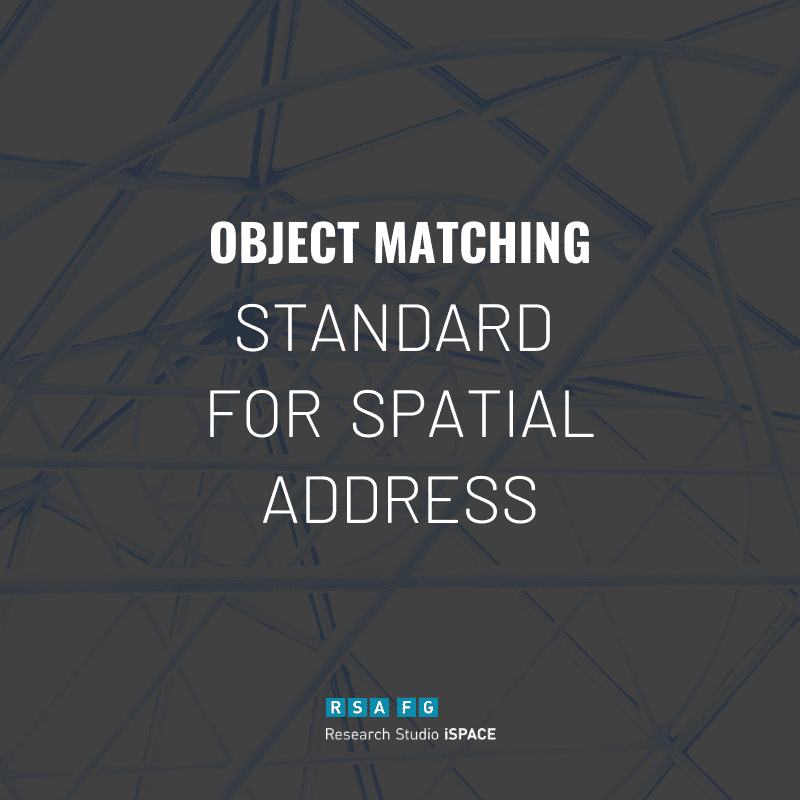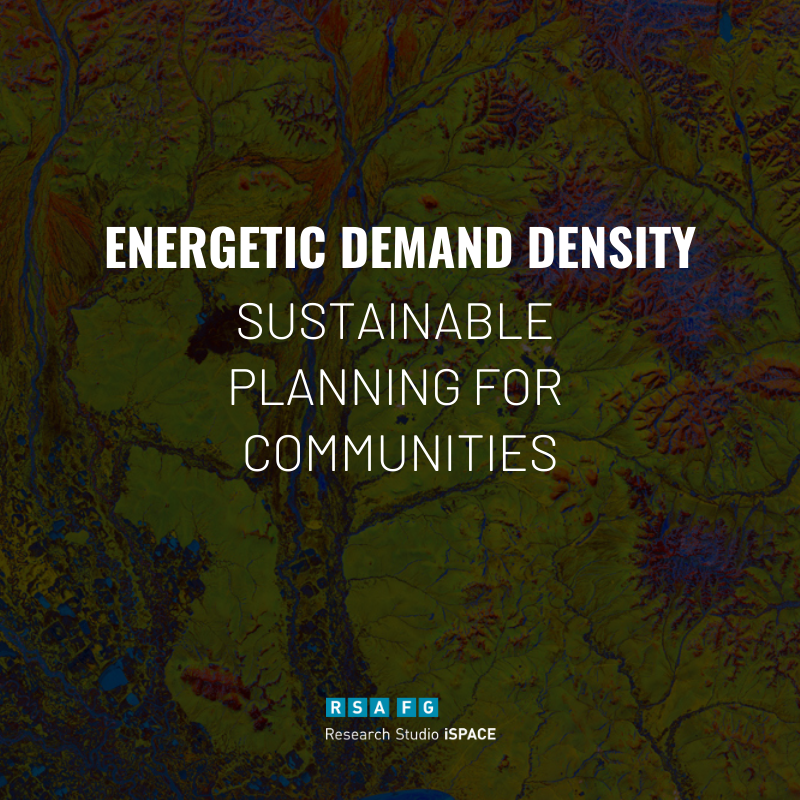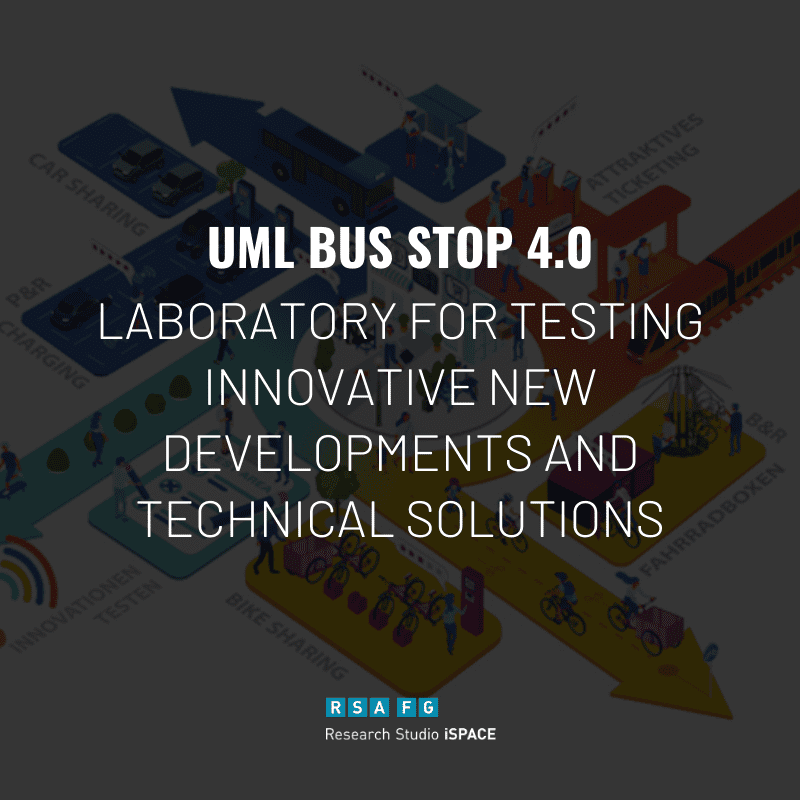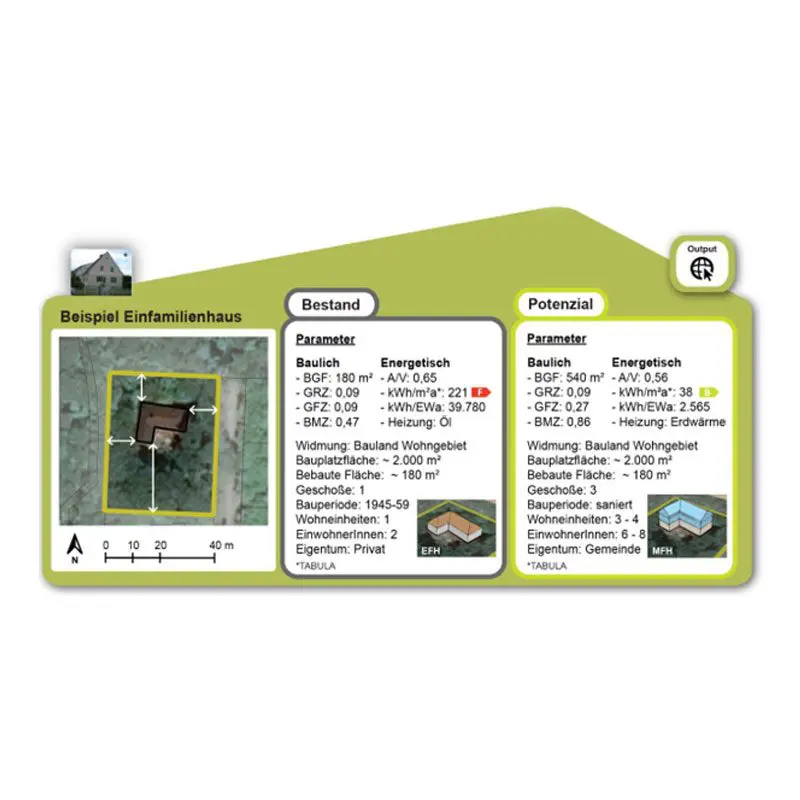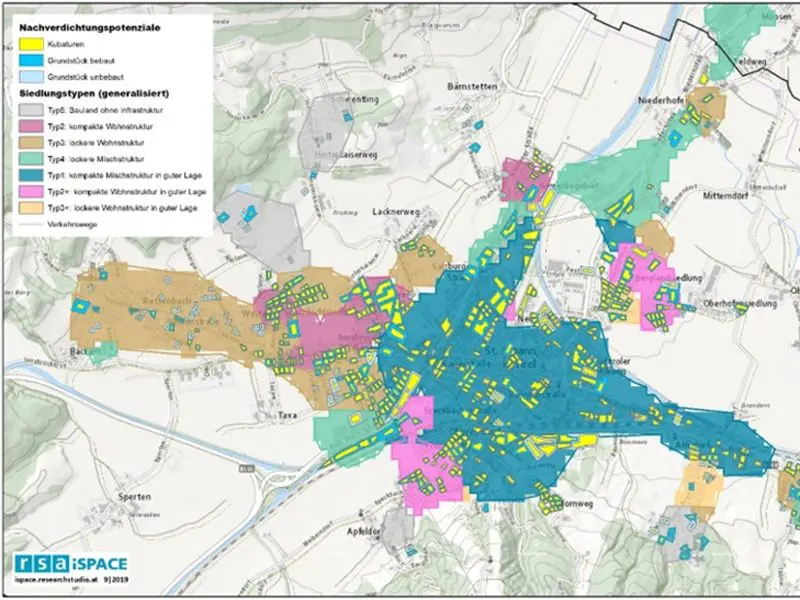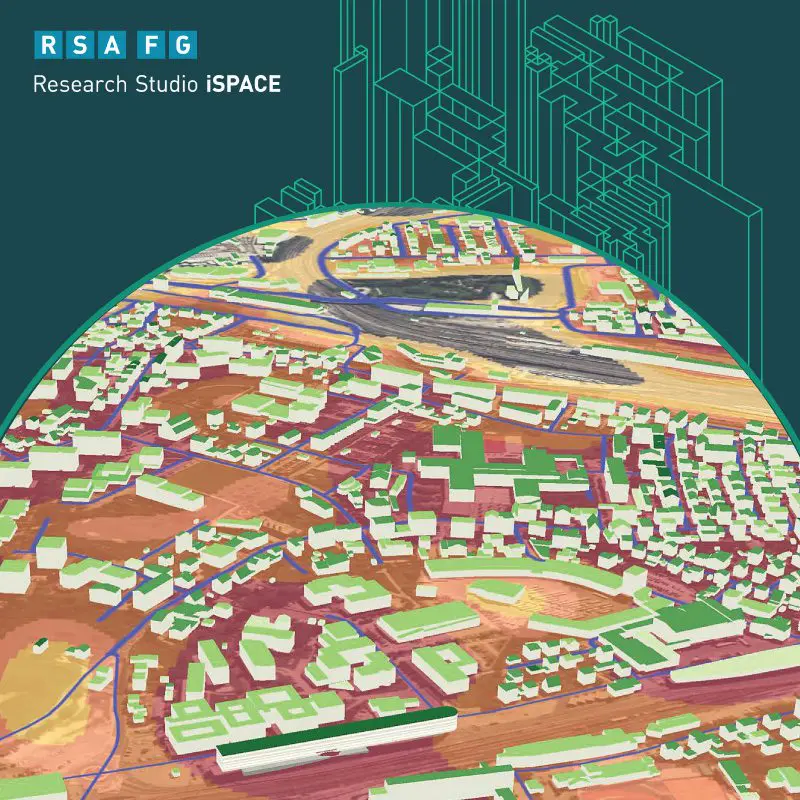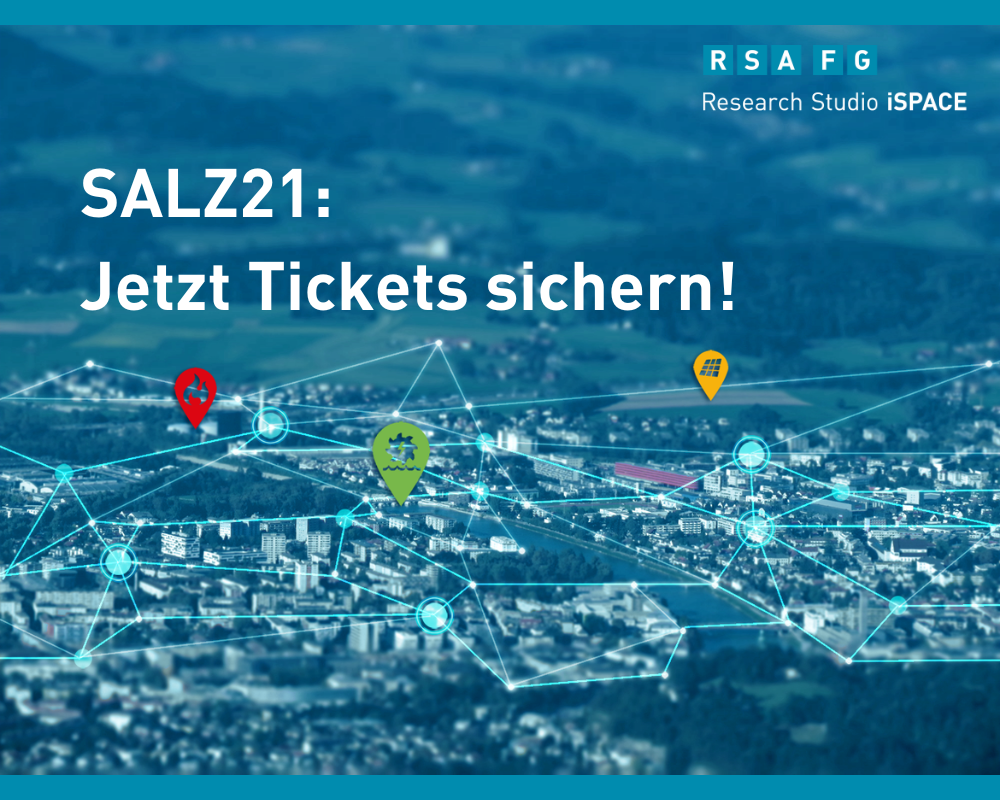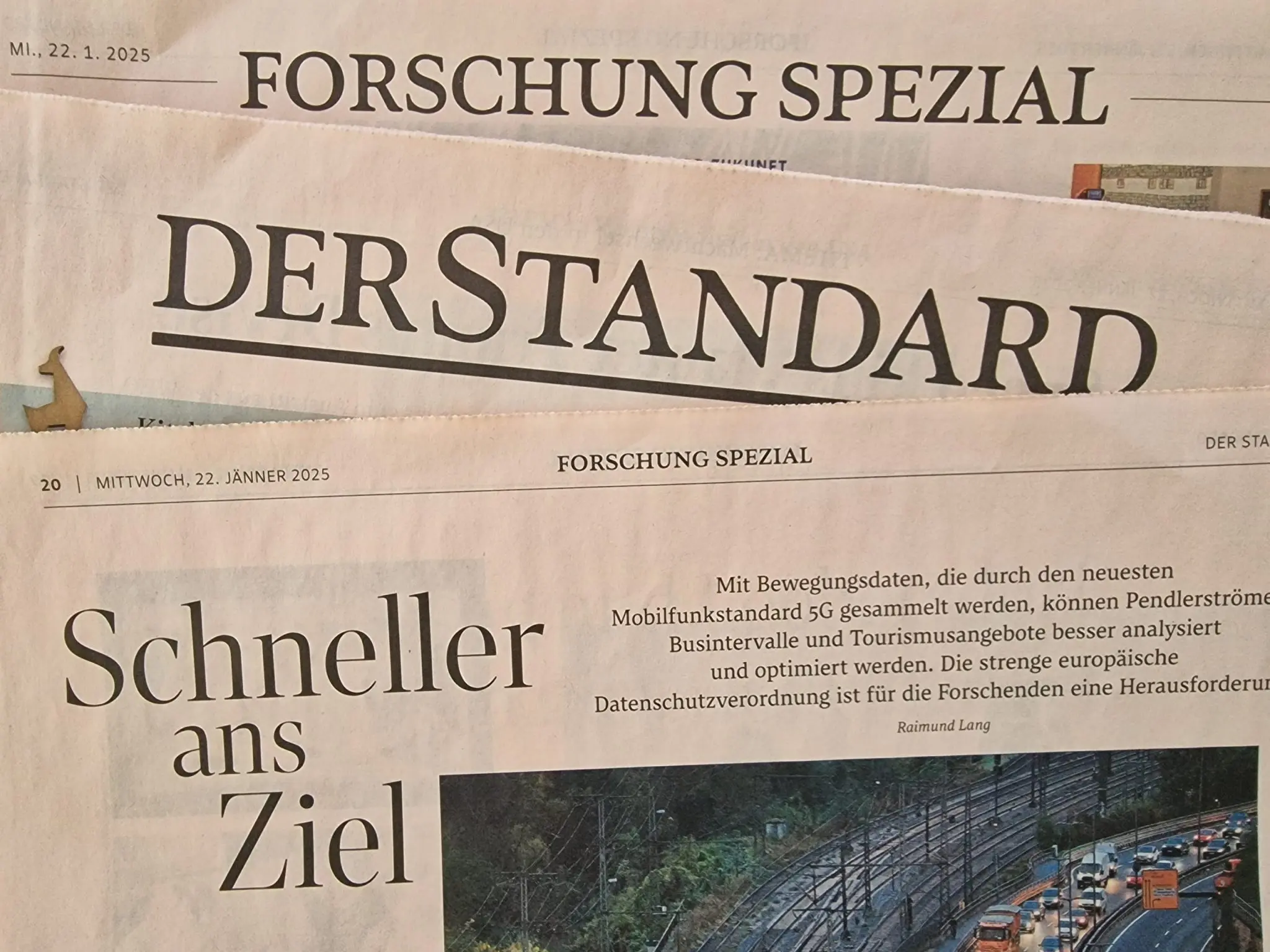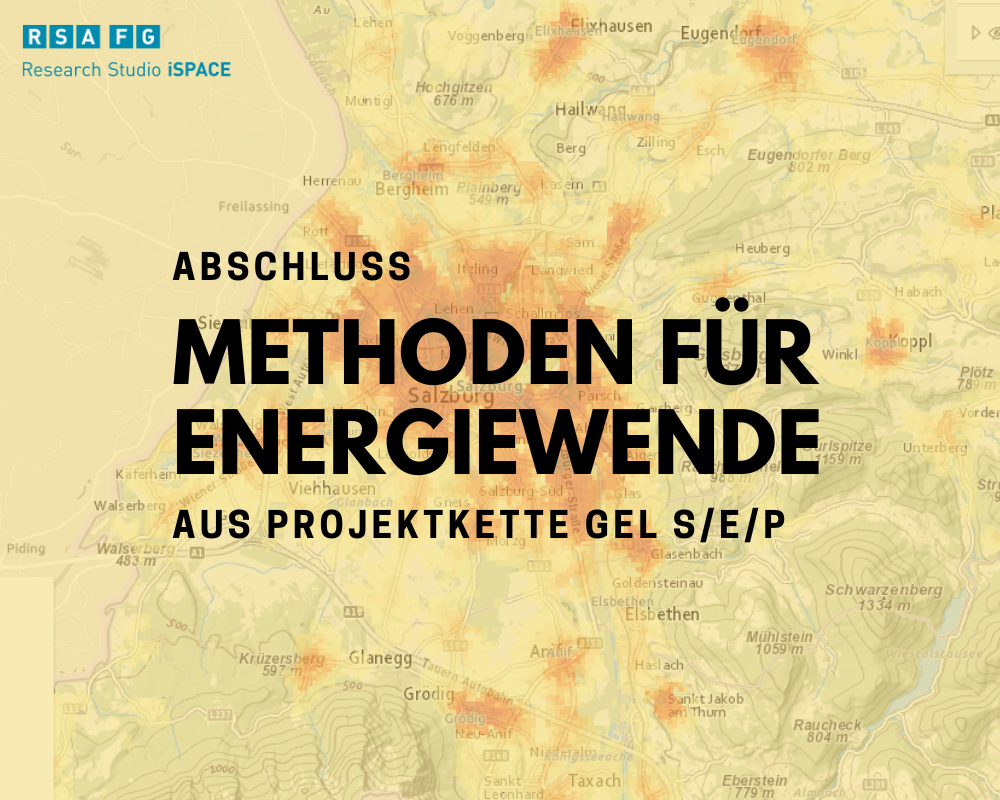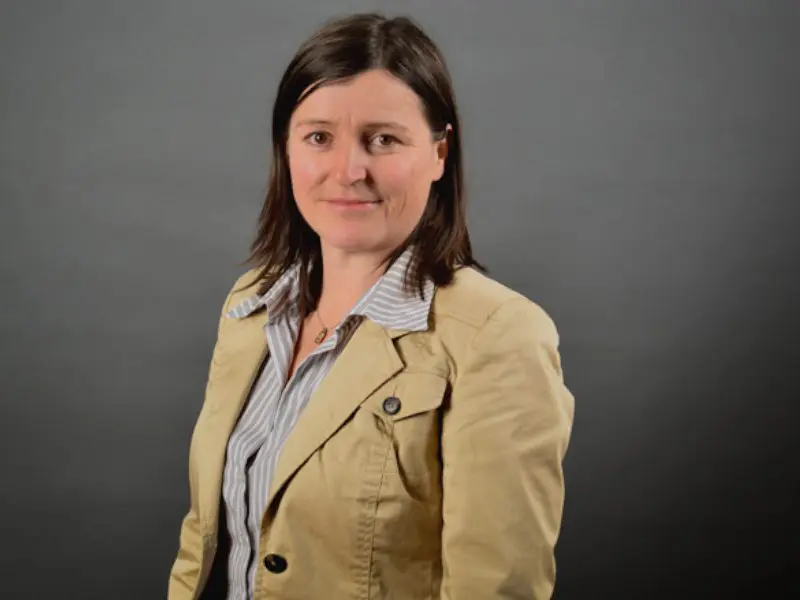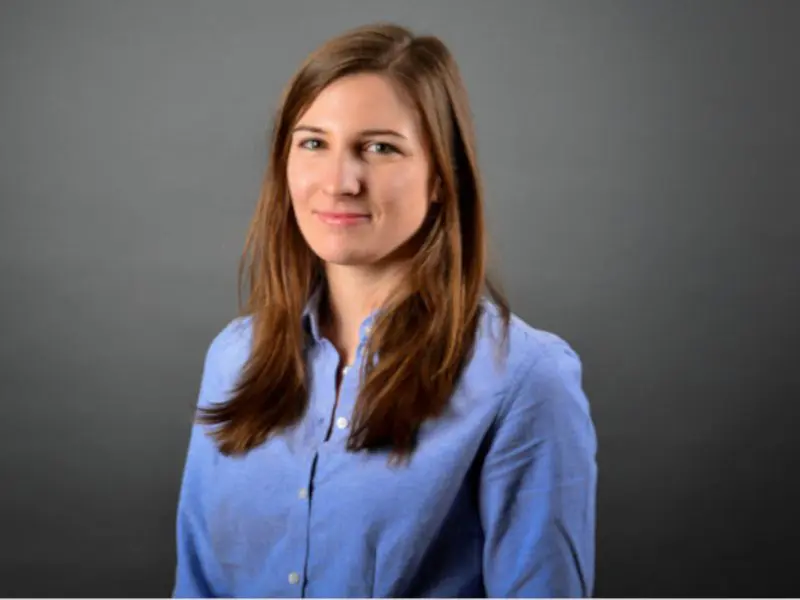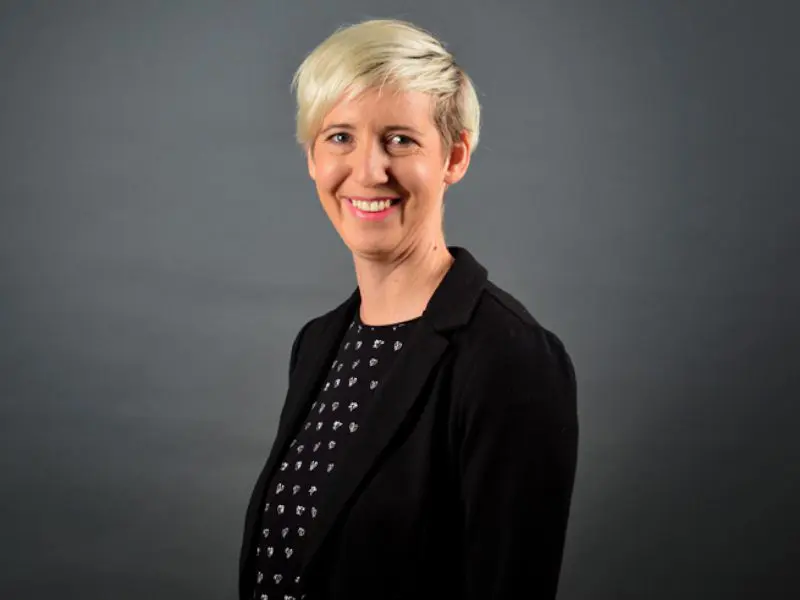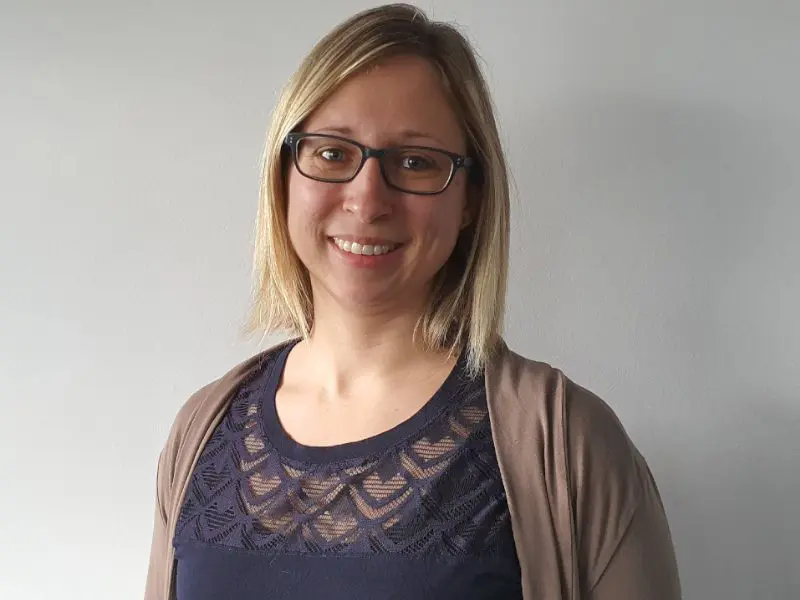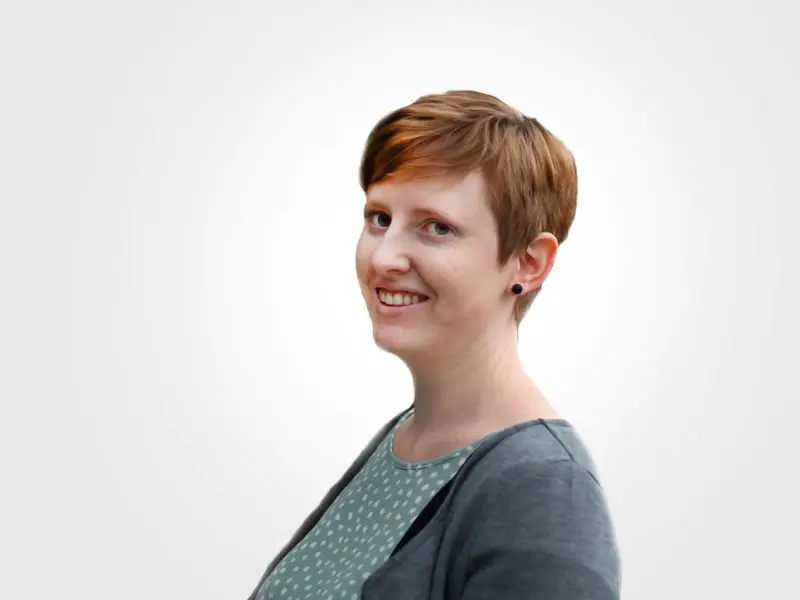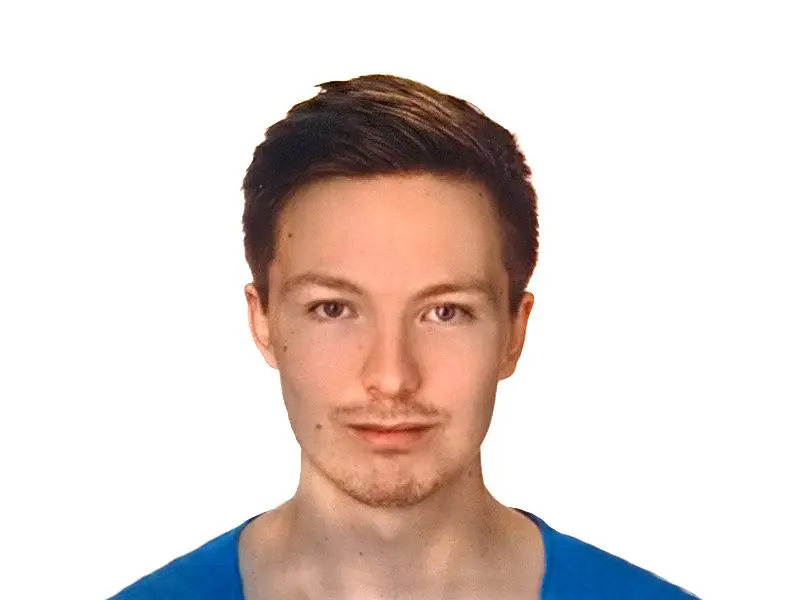Research Studio
iSPACE Smart
Settlement Systems
We develop indicators and interactive web tools to make planning strategies more transparent and underpin them with figures and maps.
We develop indicators and interactive web tools to make planning strategies more transparent and underpin them with figures and maps.
The Research Studio iSPACE Smart Settlement Systems is working with research and business partners to develop indicators and interactive web tools so that planning strategies can be made more transparent and backed up with figures and maps. This creates a basis for strategy development and action planning to strengthen regional competitiveness and enables sustainable spatial developments to ensure quality of life. Cross-thematic trends and challenges of spatial development, such as climate change or demographic change, are given special consideration.
Due to its connection to the University of Salzburg and other research institutes and companies in this field, the Research Studio iSPACE is an important hub in Salzburg.
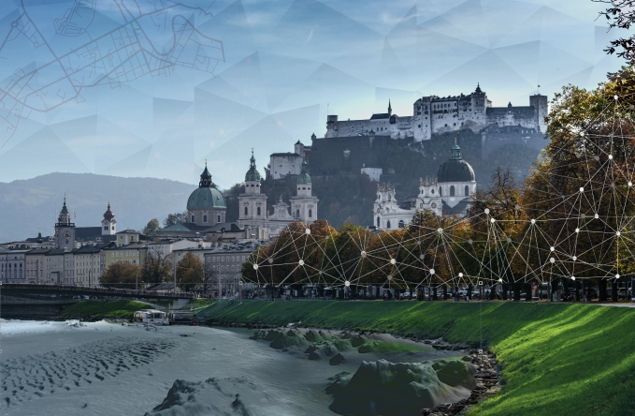
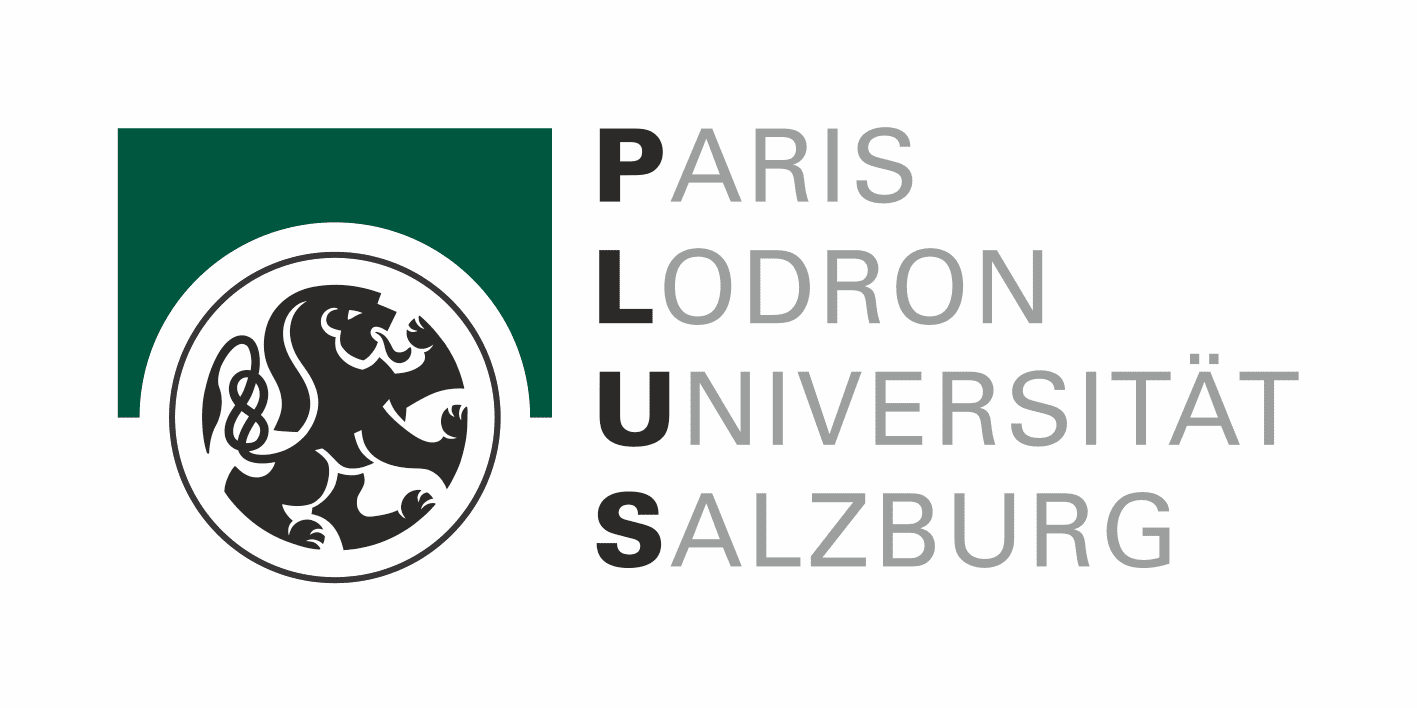
The Research Studio iSPACE Smart Settlement Systems is working with research and business partners to develop indicators and interactive web tools so that planning strategies can be made more transparent and backed up with figures and maps. This creates a basis for strategy development and action planning to strengthen regional competitiveness and enables sustainable spatial developments to ensure quality of life. Cross-thematic trends and challenges of spatial development, such as climate change or demographic change, are given special consideration.
Due to its connection to the University of Salzburg and other research institutes and companies in this field, the Research Studio iSPACE is an important hub in Salzburg.




